


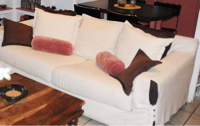
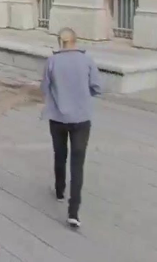
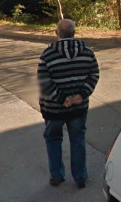

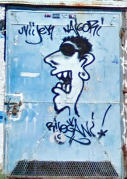



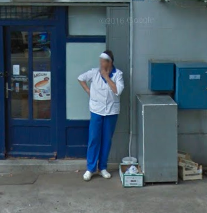
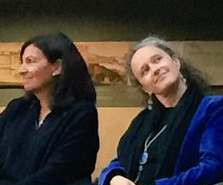
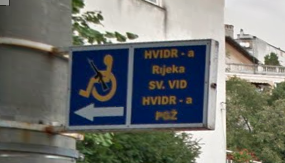

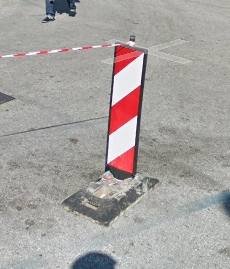
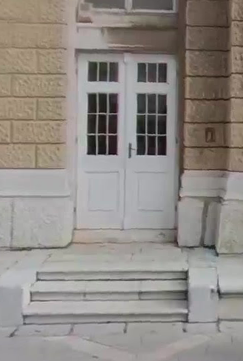

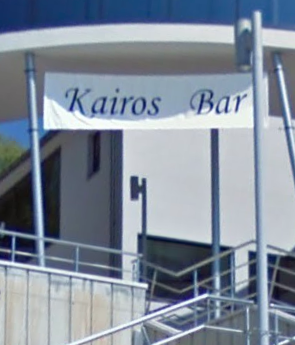



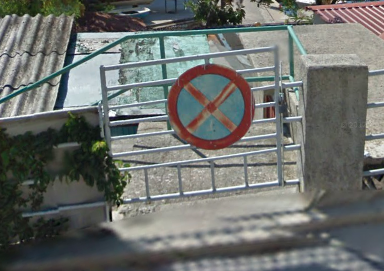


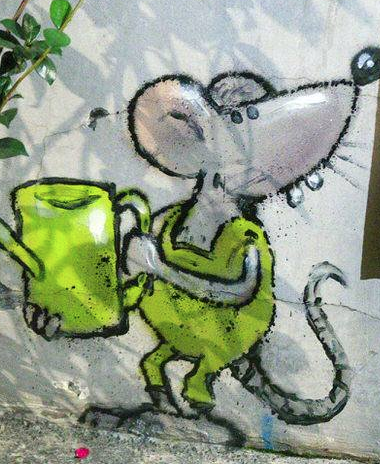

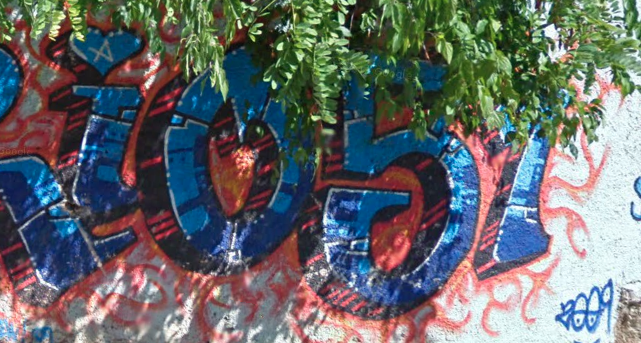

DEPT.
is a project by
Donato Ricci,
Calibro,
Duncan Evennou, and
Benoît Verjat.
DEPT. offers a participatory, performative and iterative methodology. Set-up in five European cities, it proposes a research method meant to gather, re-narrate and voice the links and dependencies we are sustained in our everyday lives. The approach has the scope to questions these links, letting some of them be composed or decomposed; weighted and ordered; supplemented or deformed. Concerned with the active and laborious process of descriptive adjustments — done by the identification, grouping and the reconnection of heterogeneous objects and entities — it invites to participate in the inquiry from data collection to experimentations with publishing and performative formats.
Adapting the protocols accordingly to the different local realities, the research procedure follows three common movements:
DEPT. starts with a preliminary investigation based on digital or digitised data. Repurposing techniques issued by Digital Social Sciences, it produces, for each dimension, a preliminary study. It collects and organises traces and pieces of evidence of its composition organising them into a series of printed catalogues to be offered for public scrutiny.
The first movement harvests a vast array of heterogeneous elements for starting the description of each dimension of the inquiry. For each of the dimensions, a specific social network, a digital platform or archive has been identified to serve for such scope. The data collection whether addressing images, texts or sound is carried out in the months preceding the workshops. The acquisition protocols are shared with the first group of co-inquirers creating the possibility of receiving contributions from local communities since the beginning of the research process.
The conclusion of the first movement triggers a specific, open, design-led inquiry, dedicated to the radical problematization of the catalogues. It is achieved with situated and constructive re-descriptions and re-interpretations.
DEPT. proceeds by involving local communities through discursive exercises. Tweaking approaches rooted in Communication and Participation Design, it aims at collecting individual and situated narratives and transcribing them in a set of posters.
The second movement encourages the co-inquirers to situate themselves inside the dimension under inquiry. The catalogues are used as baseline descriptions open to questions and critiques operating as triggers for grounded conversation. Sensitive to expressions feelings, emotions, relations, links and dependencies, the conversations transcriptions becomes materialisation of personal narratives once collected and distilled into textual and visual posters.
The conclusion of the second movement starts with the negotiations of personal narratives. More than just ensuring a smooth unification of individual accounts into greater arguments, the scope is to conjoin them as an expression of a collective experience respecting both convergences and divergences, both harmonies and dissonances.
DEPT. continues through the voice of the co-inquirers. Tuning the Arts of the Theatre it rewrites and performs the narratives by cutting, splicing, regenerating them into a partition. Capturing and recording these partitions in audio track, delivers a calibrated account of the local features of each dimension and , at once, of the overall experience.
The third movement invites the co-inquirers to negotiate the personal narratives and to assemble them in a public expression. This delicate operation is aimed at creating a partition where it could be felt the alignment of various individual experiences and, at the same time, the moments and the reasons for their possible divergences. The co-inquirers discuss collectively the most relevant, peculiar, striking or representative fragments coming from the individual narratives. Looking for rhythms and directions, the scope is to produce a voice standing for the localised understanding of the dimension under inquiry.
As a final moment a debriefing session, more than focus on the technicalities, will strive to engage in discussions about the problem of the representation asking ourselves if we feel adequately represented by this voice. If we feel betrayed by it. If we should adhere or not.




























